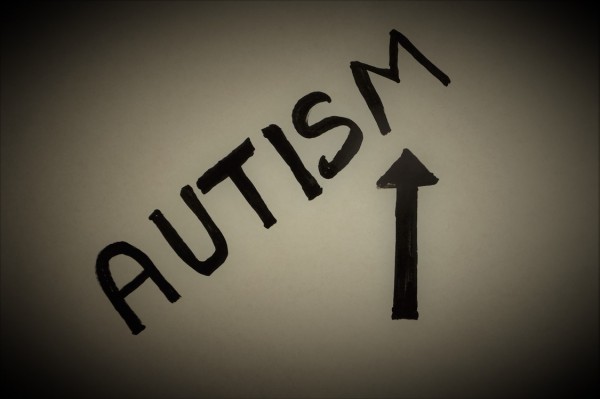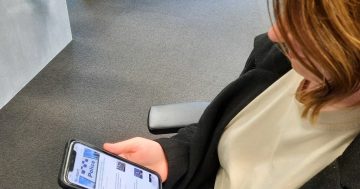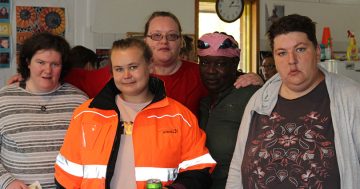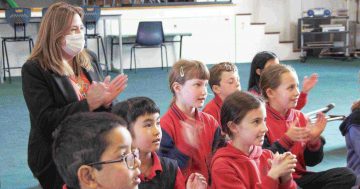7
The number of people diagnosed with autism is continuing to increase with 0.6 per cent of the ACT population estimated to have the condition, according to the latest figures released by the Australian Bureau of Statistics (ABS).
There was a 42.1 per cent increase in the number of Australians diagnosed with autism between 2012 and 2015 – from 115,400 people to 164,000.
These figures are part of a continuing dramatic upward trend, with the 2012 figures representing a 79 per cent increase on the 64,400 Australians estimated to have the condition in 2009.
The ABS data for 2015 was released last week and comes with a caution that the increase may have been at least partly caused by changes to the way autism is diagnosed made in 2013, as well as changes to questions identifying people with disabilities in the 2015 survey.
While autism numbers are increasing across Australia, the proportion of people estimated to have autism is lowest in Western Australia at 0.5 per cent and highest in South Australia and Tasmania at 1.0 per cent.
The ABS survey found that men are 4.1 times more likely to have autism than women.
Almost two-thirds of people diagnosed with autism have a profound or severe disability and almost three-quarters need help with cognitive or emotional tasks.
Young people between the ages of five and 24 are the most likely to be diagnosed with autism, with more than 75 per cent of those with autism being in this age group.
According to the survey, around four out of five children with autism have difficulties at school, while adults are less likely to participate in the workplace. Only 40.8 per cent of people with autism participate in the workforce, compared with 83.2 per cent people with no reported disability.
Autism is defined in the ABS survey as a disorder which affects the brain’s growth and development. It is a lifelong condition which can cause difficulties in social communication and restricted or repetitive behaviours and interests.
Support Co-ordinator at Marymead’s Autism Centre in Canberra, Mitzi Polacsek, said the increased autism numbers could be due to several factors including better diagnosis, more awareness of autism in girls, and autism conditions being picked up earlier.
“More people are having kids later in life and there is a positive correlation with age on the father’s side and having a child with autism,” she said.
“The other part of it could be the NDIS (National Disability Insurance Scheme) where you need a diagnosis to get support.”
Ms Polacsek said they are also finding there are parents who are only realising they have the condition after their children are diagnosed.
While males are more likely to be diagnosed with autism, Ms Polacsek said that in the past the tests have been skewed towards the male brain but there is a growing awareness of how the condition presents differently in girls.
She said that young girls tend to work out how to “mimic an appropriate response” but this gets harder as they get older.
“Girls can fall through the cracks until they get to high school where social skills become more obvious.”
Ms Polacsek said that there are a lot of gaps in Canberra services for people with autism.
“There seems to be a lot of focus on early intervention for five to six-year-olds but as they get older there aren’t so many things.”
She said there are long waiting lists for speech therapists and occupational therapists, as well as a need for more social groups, particularly for young adults and adults.
We all know early intervention is important, but are adults with autism missing out on vital help? What do you think?





















